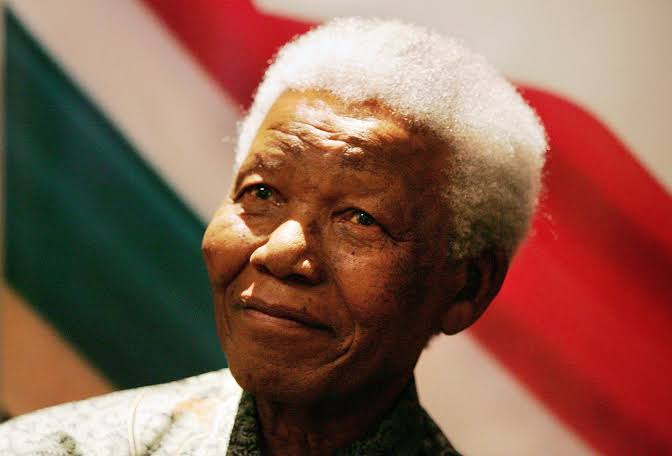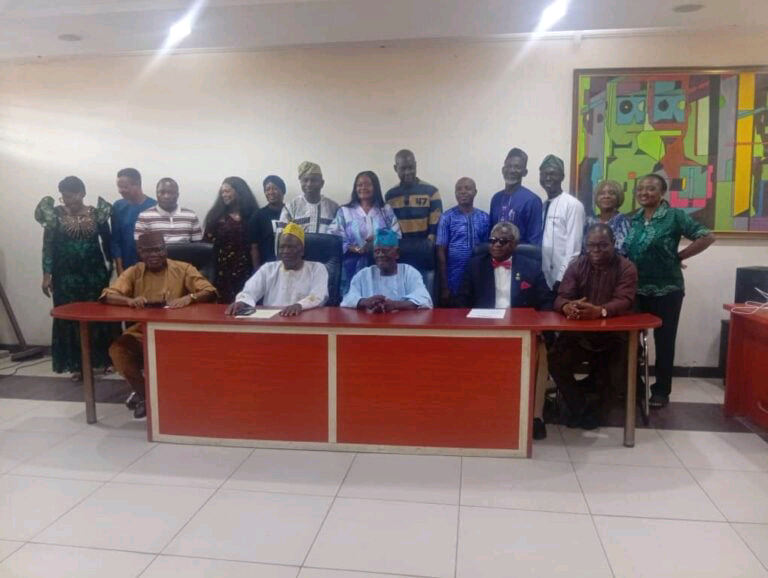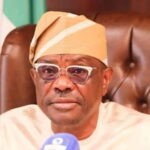Mandela’s Old Criticism of the U.S. Resurfaces Amid Rising Tensions in Nigeria

An old quote attributed to Nelson Mandela has resurfaced and sparked widespread debate online as Nigerians draw parallels between his words and the country’s current tensions with the United States.
The quote — “If there is a country that has committed unspeakable atrocities in the world, it is the United States of America” — was reportedly made by Mandela in 2003 while condemning U.S. foreign policy and military interventions.
Now, over two decades later, many Nigerians on social media are using the statement to respond to recent comments and threats from U.S. President Donald Trump, who claimed that America could consider military action or airstrikes in Nigeria over alleged persecution of Christians. The Nigerian government has strongly rejected Trump’s claims, describing them as baseless and inflammatory.
Online, the revived Mandela quote has become a rallying cry for Nigerians who feel that the U.S. — a nation often positioning itself as a global defender of democracy and human rights — has no moral authority to threaten or lecture other countries. Many social media users have shared the quote alongside comments accusing Western nations of double standards, pointing to America’s history of wars, foreign interventions, and alleged human rights violations.
However, analysts caution that while Mandela’s criticism of U.S. foreign policy remains relevant, using it in Nigeria’s current context also reflects deeper frustrations at home. Nigeria continues to struggle with security crises, religious and ethnic tensions, and allegations of government inaction. For some citizens, invoking Mandela’s words is not only a rejection of external interference but also a way of expressing anger at local governance failures.
Political observers note that the renewed attention to Mandela’s remark shows how historical statements can regain power during moments of geopolitical strain. “Mandela’s words speak to the hypocrisy of global power, but they also remind us to look inward,” said one commentator. “No nation should use morality selectively — not the United States, and not Nigeria either.”
As online debates continue, the quote has evolved into more than a criticism of the U.S. It has become a broader symbol of defiance — a reminder of how power, both foreign and domestic, can be questioned when nations feel cornered.









